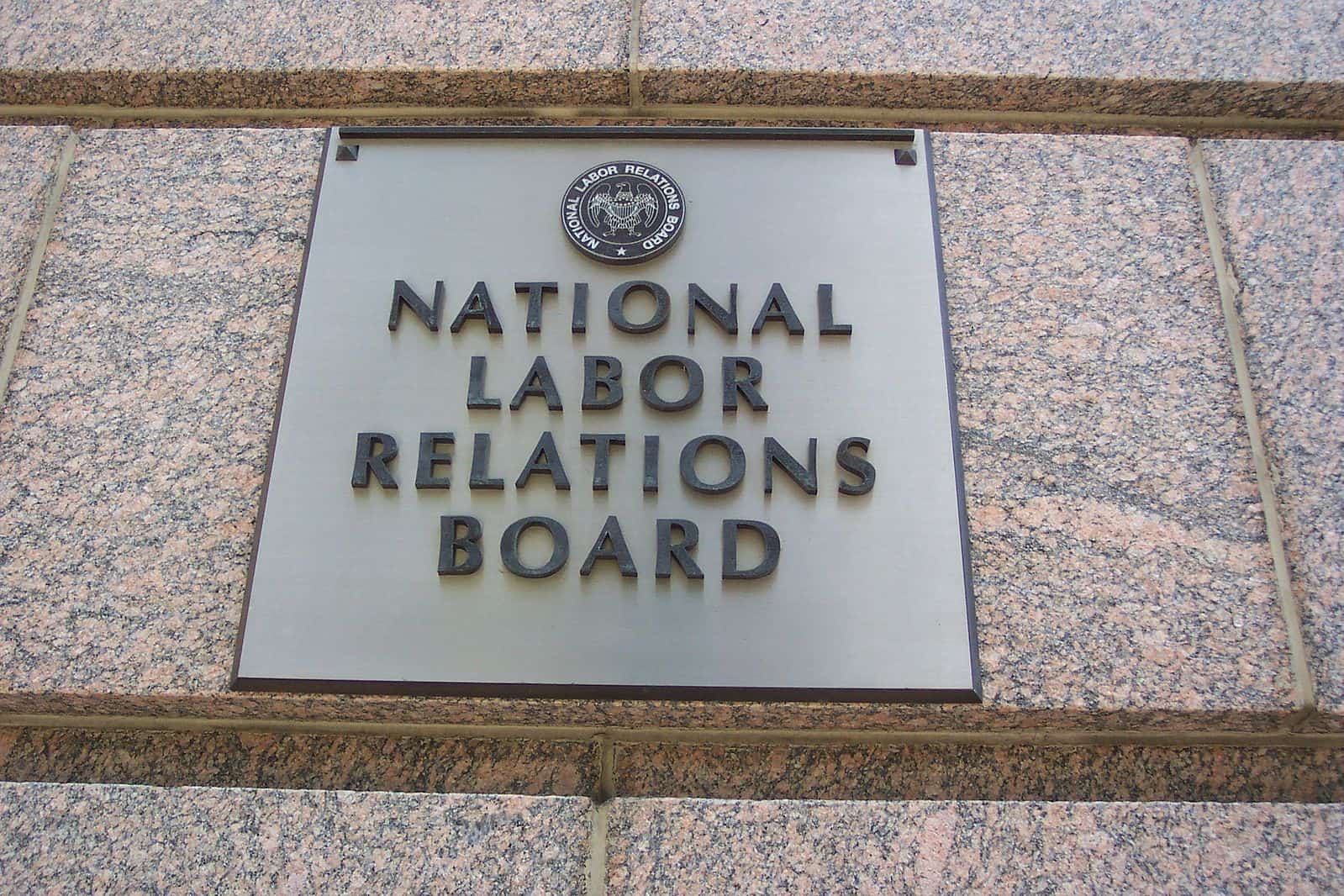
Miriam Li is a student at Harvard Law School and a member of the Labor and Employment Lab.
In today’s news and commentary, a federal judge blocks Trump’s attempt to end TSA collective bargaining rights, the NLRB argues that Grindr’s Return-to-Office policy was union busting, and the International Trade Union Confederation’s 2025 report highlights the global decline of workers’ rights.
On Monday, a federal judge in Seattle issued a preliminary injunction blocking the Department of Homeland Security’s attempts to strip approximately 50,000 Transportation Security Administration (TSA) officers of their collective bargaining rights. The court found that Homeland Security Secretary Kristi Noem likely violated federal law by rescinding directives permitting TSA officers to unionize and collectively bargain. Judge Marsha Pechman described Noem’s reasoning as “threadbare,” suggesting the action was an attempt to punish the American Federation of Government Employees (AFGE) for challenging Trump administration policies in court. AFGE National President Everett Kelley praised the ruling, noting it “underscores the unconstitutional nature of DHS’s attack on TSA officers’ First Amendment rights.”
Meanwhile, an NLRB judge in Los Angeles is considering allegations that Grindr violated federal labor law by abruptly implementing a return-to-office policy intended to thwart employee unionization efforts. According to a transcript obtained by Bloomberg through a Freedom of Information Act request, NLRB attorney Joseph Meeker argued at a recent hearing that Grindr suddenly reversed its remote-work policy as retaliation after employees announced their intent to unionize. Meeker emphasized that Grindr repeatedly assured its employees that their remote-work arrangements were secure before unexpectedly reversing course, ordering employees back to the office just two weeks after the announcement of the union drive. Meeker characterized this policy change as clear union busting, noting that many affected pro-union employees were replaced by remote contractors. Grindr denies the allegations, arguing that its return-to-office plan was already underway before the unionization efforts began. As OnLabor previously reported, the NLRB initially filed this case last November during President Biden’s term. Under acting general counsel William Cowen, a Trump appointee, the NLRB has continued to pursue the case. Meeker also indicated the NLRB may seek a federal injunction against Grindr while the case proceeds, intensifying broader national discussions around return-to-office mandates and union rights.
Finally, the International Trade Union Confederation (ITUC) released its 2025 Global Rights Index, warning of a decline in workers’ rights across every continent. The report specifically criticizes the Trump administration for undermining labor rights and bringing “anti-union billionaires into the heart of policymaking” in the United States. Notably, just seven of the 151 countries surveyed earned the index’s top rating, and only three countries—Australia, Mexico, and Oman—improved their ratings from last year. Three out of five global regions saw conditions worsen, and the Americas and Europe hit their worst scores on record. The report emphasized the critical role of collective worker power in countering the rise of authoritarian governments, describing the global trade union movement as “the largest democratic social force in the world” and highlighting the possibility of “turning the tide” through a stronger and more expansive union movement.






Daily News & Commentary
Start your day with our roundup of the latest labor developments. See all
January 11
Colorado unions revive push for pro-organizing bill, December’s jobs report shows an economic slowdown, and the NLRB begins handing down new decisions
January 9
TPS cancellation litigation updates; NFL appeals Second Circuit decision to SCOTUS; EEOC wins retaliation claim; Mamdani taps seasoned worker advocates to join him.
January 8
Pittsburg Post-Gazette announces closure in response to labor dispute, Texas AFT sues the state on First Amendment grounds, Baltimore approves its first project labor agreement, and the Board formally regains a quorum.
January 7
Wilcox requests en banc review at DC Circuit; 9th Circuit rules that ministry can consider sexual orientation in hiring decisions
January 5
Minor league hockey players strike and win new deal; Hochul endorses no tax on tips; Trump administration drops appeal concerning layoffs.
December 22
Worker-friendly legislation enacted in New York; UW Professor wins free speech case; Trucking company ordered to pay $23 million to Teamsters.